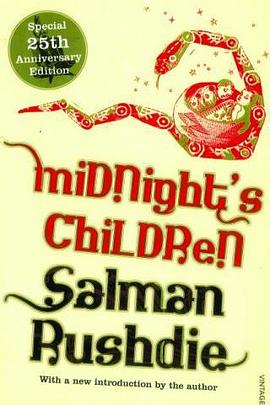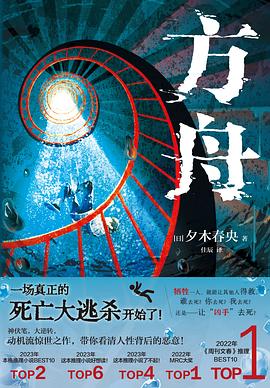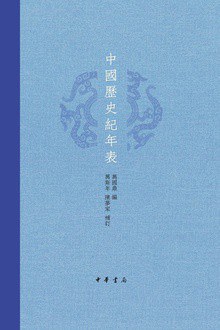内容简介
Saleem Sinai was born at midnight, the midnight of India's independence, and found himself mysteriously 'handcuffed to history' by the coincidence. He is one of 1,001 children born at the midnight hour, each of them endowed with an extraordinary talent - and whose privilege and curse it is to be both master and victims of their times. Through Saleem's gifts - inner ear and wildly sensitive sense of smell - we are drawn into a fascinating family saga set against the vast, colourful background of the India of the 20th century.
......(更多)
作者简介
Sir Ahmed Salman Rushdie, KBE (English pronunciation: /sælˈmɑːn ˈrʊʃdi/[1]; born 19 June 1947) is a British-Indian novelist and essayist. He achieved notability with his second novel, Midnight's Children (1981), which won the Booker Prize in 1981. Much of his fiction is set on the Indian subcontinent. His style is often classified as magical realism mixed with historical fiction, and a dominant theme of his work is the story of the many connections, disruptions and migrations between the Eastern and Western world.
His fourth novel, The Satanic Verses (1988), was the centre of The Satanic Verses controversy, with protests from Muslims in several countries. Some of the protests were violent, with Rushdie facing death threats and a fatwā issued by Ayatollah Ruhollah Khomeini, the Supreme Leader of Iran, in February 1989.
He was appointed a Knight Bachelor by Queen Elizabeth II for "services to literature" in June 2007.[2] He holds the rank Commandeur in the Ordre des Arts et des Lettres of France. He began a five-year term as Distinguished Writer in Residence at Emory University in 2007.[3] In May 2008 he was elected to the American Academy of Arts and Letters. In 2008, The Times ranked Rushdie thirteenth on their list of "The 50 greatest British writers since 1945".[4] His latest novel is The Enchantress of Florence, published in June 2008.[5]
......(更多)
目录
......(更多)
读书文摘
要是我仿佛有些古怪,记住我继承下来这么许多的怪东西.。。。也许,一个人要是想要在茫茫人海中要保持一点独立性,那么他必须让自己显得古怪些才成。
......(更多)






